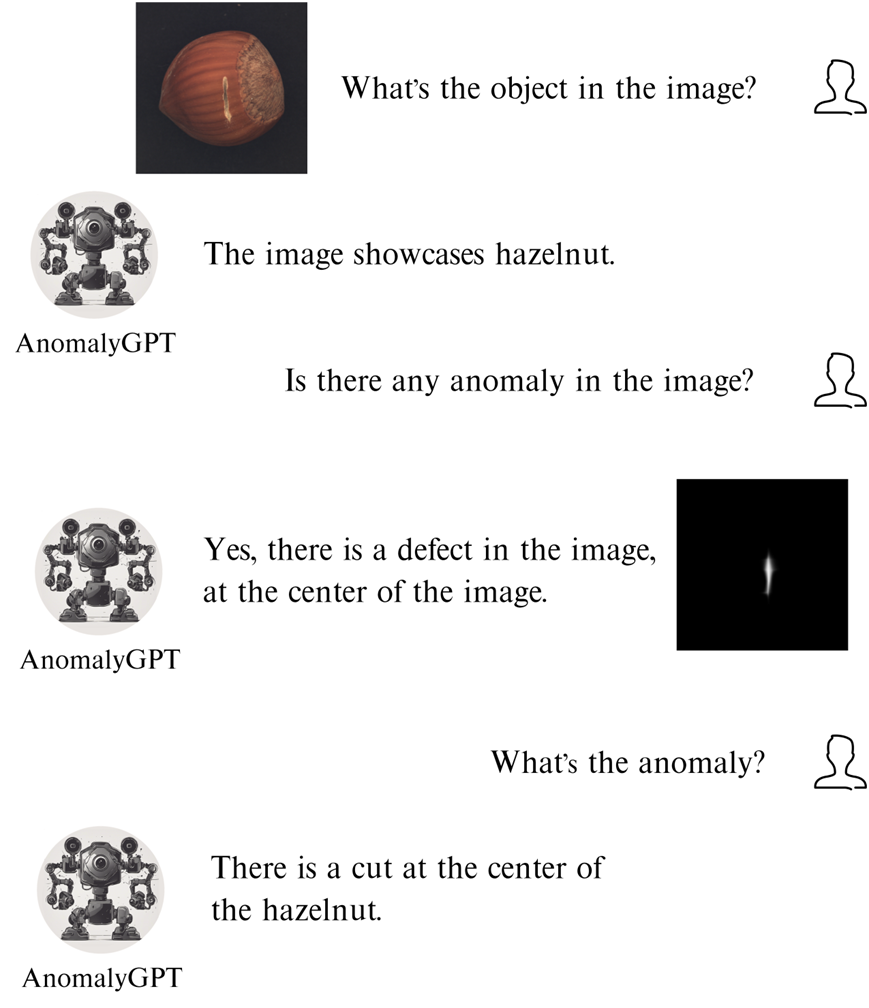systemd官网:
System and Service Manager
systemd
systemd Github地址:
https://github.com/systemd/systemd
首次发布
2010年3月30日
System and Service Manager
systemd 是一套 Linux 系统的基本构件。它提供了一个系统和服务管理器,作为 PID 1 运行,并启动系统的其他部分。
systemd 提供了强大的并行化能力,使用套接字和 D-Bus 激活来启动服务,按需启动守护进程,使用 Linux 控制组跟踪进程,维护挂载点和自动挂载点,并实现了精心设计的基于事务依赖关系的服务控制逻辑。
systemd 支持 SysV 和 LSB 启动脚本,并可替代 sysvinit。
其他部分包括一个日志守护进程,用于控制主机名、日期、地域等基本系统配置的实用程序,维护登录用户、运行中的容器和虚拟机、系统账户、运行时目录和设置的列表,以及管理简单网络配置、网络时间同步、日志转发和名称解析的守护进程。
systemd is a suite of basic building blocks for a Linux system. It provides a system and service manager that runs as PID 1 and starts the rest of the system.
systemd provides aggressive parallelization capabilities, uses socket and D-Bus activation for starting services, offers on-demand starting of daemons, keeps track of processes using Linux control groups, maintains mount and automount points, and implements an elaborate transactional dependency-based service control logic. systemd supports SysV and LSB init scripts and works as a replacement for sysvinit.
Other parts include a logging daemon, utilities to control basic system configuration like the hostname, date, locale, maintain a list of logged-in users and running containers and virtual machines, system accounts, runtime directories and settings, and daemons to manage simple network configuration, network time synchronization, log forwarding, and name resolution.
Wiki
https://zh.wikipedia.org/wiki/Systemd
https://en.wikipedia.org/wiki/Systemd
systemd是Linux电脑作业系统下面的一套中央化系统及设定管理程序(init),包括有守护进程、程序库以及应用软件,由Lennart Poettering带头开发。其目标开发是提供更优秀的框架以表示系统服务间的依赖关系,并依此实现系统初始化时服务的内核启动,同时达到降低Shell的系统开销的效果,最终替代现在常用的System V与BSD风格的init程序。
目前大多数 Linux 发行版都已采用 systemd 代替 System V。 systemd在LGPL 2.1及后续版本许可证下开源发布。
systemd这一名字源于Unix中的一个惯例:在Unix中常以“d”作为系统守护进程(英语:daemon,亦称后台进程)的后缀标识。除此以外,systemd亦是借用了"System D" 概念。
与System V风格init相比,systemd采用了以下新技术:
* 将service(服务)、target(执行模式,类似于运行级别)、mount、timer、snapshot、path、socket、swap等称为Unit。比如,一个auditd服务(就是auditd.service)就是一个Unit,一个multi-user.target执行模式也是一个Unit。
* 采用Socket激活式与D-Bus激活式服务,以提高相互依赖的各服务的并行运行性能;
* 用cgroups代替进程ID来追踪进程,因此即使是两次fork之后生成的守护进程也不会脱离systemd的控制。
* 用target代替System V的运行级别(Runlevel),比如,SystemD的graphical.target相当于System V的init 5,multi-user.target相当于System V的init 3。
* 内建journald 日志管理系统。
* 内建resolved、timesyncd、networkd等组件。
* 引入localectl、timedatectl、hostnamectl等新命令,系统配置更方便。
从设计构思上说,由于systemd使用了cgroup与fanotify等组件以实现其特性,所以只适用于Linux。有鉴于此,考虑到kFreeBSD分支的软件源无法纳入systemd,为与其他分支保持一致,Debian开发者尽力避免纳入systemd。但Lennart Poettering本人对此并不在意,并称「Debian GNU/kFreeBSD不过是玩具系统」。但Debain 8.0 Jessie开始以systemd取代sysvinit。
systemd已纳入众多Linux发行版的软件源中,以下简表:
默认init程序为systemd的发行版
* Fedora 15及后续版本
* CentOS 7及后续版本。
* Mageia 2
* Mandriva 2011
* openSUSE 12.1 及后续版本
* Red Hat Enterprise Linux 7及后续版本,包括其衍生品CentOS、Scientific Linux、Oracle Linux等
* Arch Linux在2012年10月13日将systemd-sysvcompat纳入base软件组,自此Arch Linux默认安装完即以systemd为init程序,同时也提供了与Arch自带启动脚本兼容用的systemd启动脚本包以方便用户,使用户能“开箱即用”
* Chakra GNU/Linux,在2012.10的光盘映像文件发布后预设使用systemd。
* Debian GNU/Linux,在2014年的技术委员会的init系统投票中决定在Debian 8“Jessie”中以Linux为核心的版本转换到systemd。
* Ubuntu 15.04及后续版本
可以使用systemd的发行版
* Gentoo,同OpenRC一起被Gentoo官方支持
除此以外,systemd已由Lennart Poettering提请纳入GNOME 3.2的外部依赖关系列表,而这意味着所有使用GNOME的发行版都应该使用systemd,最低限度来说也必须将其作为配置选项之一。
使用systemd的Fedora 17启动信息:

systemd components:

System D概念
这一术语是用于描述一个人具有快速地适应环境并解决困难的能力。
System D 是一个从非洲法语区和加勒比海地区盗用的俚语。法国人经常用一个词来形容特别能干、特别有干劲的人。他们称之为 “débrouillards”。说一个人是 “débrouillard”,就是告诉人们他有多么足智多谋、多么聪明。前法属波利尼西亚殖民地根据自己的社会和经济现实对这个词进行了雕琢。他们说,那些富有创造力、自主创业、自主做生意的商人,他们不需要注册,也不受官僚机构的管制,而且在大多数情况下不用纳税,他们是 “débrouillardise 经济 ”的一部分。或称 “Systeme D”。从本质上讲,这就是 “独创经济”、“即兴经济 ”和 “自力更生经济”,也就是 “自己动手经济 ”或 “DIY经济”。
System D is a slang phrase pirated from French-speaking Africa and the Caribbean. The French have a word that they often use to describe particularly effective and motivated people. They call them débrouillards. To say a man is a débrouillard is to tell people how resourceful and ingenious he is. The former French colonies have sculpted this word to their own social and economic reality. They say that inventive, self-starting, entrepreneurial merchants who are doing business on their own, without registering or being regulated by the bureaucracy and, for the most part, without paying taxes, are part of “l’economie de la débrouillardise.” Or, sweetened for street use, “Systeme D.” This essentially translates as the ingenuity economy, the economy of improvisation and self-reliance, the do-it-yourself, or DIY, economy.
参考:
System D: The Shadow Economy is the Second Largest in the World - Freakonomics



















